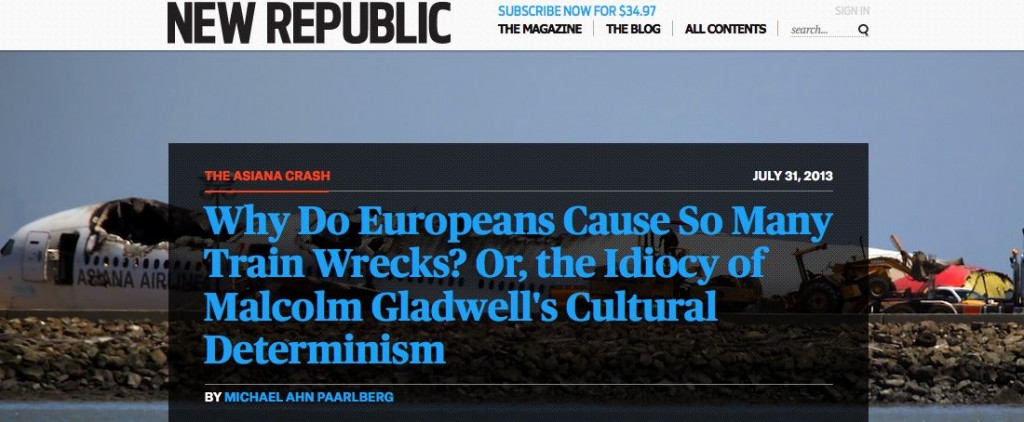Cultural determinism is a theoretical framework that posits that human behavior, societal norms, and individual identities are primarily shaped by cultural forces. This theory suggests that culture essentially dictates how individuals perceive the world and subsequently interact within it. But does cultural determinism imply a deterministic fate for societies, or can it be seen as a flexible framework for understanding human behavior? This raises a delightful yet profound question: Are our actions merely reflexes of the cultural matrices we inhabit, or is there room for agency and improvisation in our responses to those cultural conditioning? Exploring this theory reveals both its profound implications and its inherent complexities.
At its core, cultural determinism is contrasted with biological determinism, which attributes human behavior to genetic makeup and biological imperatives. Proponents of cultural determinism argue that the environment—the cultural context in which individuals are immersed—plays a crucial role in shaping beliefs, values, and practices. Consequently, the nexus of culture is far-reaching; it encompasses language, customs, religion, social structures, and even art, collectively influencing how individuals and societies function.
One of the foundational thinkers in this realm is the anthropologist Franz Boas, who contended that culture is learned and not innately determined. His work emphasized the importance of cultural relativism, the idea that a person’s beliefs, values, and practices should be understood based on that person’s own culture rather than be judged against the criteria of another culture. This perspective opens a panorama of understanding—rather than viewing societies from a monolithic lens, we come to appreciate the diverse tapestries of human experience.
As we delve deeper, it becomes apparent that cultural determinism can provide a framework to analyze how norms perpetuate various social issues, including systemic inequalities. For instance, the culture of a society often dictates gender roles, and this, in turn, influences the opportunities available to individuals based on their gender. Thus, the boundaries of one’s agency may be constrained not just by personal choices but by the collective ethos surrounding them.
However, a critical challenge arises within this theory—how do we account for agency? While cultural determinism suggests that human behavior is shaped predominantly by external cultural influences, it may insufficiently consider the individual’s capacity to act against or reinterpret these influences. For example, consider activists who challenge prevailing cultural norms and pave the way for societal progress. Can we regard them solely as products of their culture? Or do they embody an inherent agency that facilitates change? This dichotomy stirs a deeper discourse about individual versus collective responsibility in societal evolution.
Moreover, cultural determinism also intersects with the phenomenon of globalization, wherein cultural exchanges and interactions become increasingly prevalent. As cultures intermingle, one must ask: does this dilute the deterministic influence of individual cultures, or does it create new cultural norms that further perpetuate certain behaviors? The introduction of new cultural artifacts can either enrich or complicate existing frameworks, creating a mélange that reshapes individual and collective identities. The ongoing shifts in cultural perceptions can yield transformative outcomes, thereby creating a dynamic interplay between culture and human behavior.
Consider the realm of environmental awareness as a case study. In contemporary discourse, attitudes toward climate change are heavily influenced by cultural narratives. In certain cultures, prioritizing environmental sustainability is mainstream, while in others, it may be relegated to the periphery. Cultural determinism elucidates how these sociocultural dynamics impact public policy and individual actions toward environmental conservation. Therefore, we arrive at a pivotal inquiry: can cultural frameworks be recalibrated to prioritize ecologically sustainable practices? Is there a feasible path to transform culturally entrenched behaviors towards a more climate-conscious paradigm?
Furthermore, it raises practical implications for education and societal change. By understanding the cultural determinants of behavior, educators and activists can develop targeted strategies aimed at fostering cultural shifts. Tailoring messages to resonate within specific cultural contexts may enhance their efficacy. For example, aligning environmental advocacy with local cultural values can enhance receptivity and stimulate action. Consequently, addressing climate change effectively could rest on recognizing and harnessing the cultural determinants at play.
Yet another dimension to consider is the potential for cultural determinism to breed complacency. With the weight of cultural norms bearing down on individuals, it can be tempting to view oneself as a mere cog in the wheel of cultural governance. This raises the question: if societal patterns are dictated entirely by cultural narratives, do individuals or communities bear responsibility for perpetuating negative social dynamics? The challenge lies in invoking an awareness that empowers people to recognize their potential to enact change within their cultural spheres. Merely understanding cultural determinism without questioning its implications risks stifling the avenue for agency.
In summation, cultural determinism presents a compelling theoretical landscape that provides valuable insights into how culture interacts with individual behavior and societal norms. By dissecting the influences of culture, we can better understand the challenges society faces, particularly regarding pressing issues such as climate change. Ultimately, the interaction between culture and individual agency prompts us to reflect critically on our roles within our respective societies. How can one reconcile the cultural determinism that shapes us with the agency to dissolve cultures that contribute to systemic issues? It propels an ongoing dialogue, pushing for thoughtful engagement and transformative action in an interconnected world.
